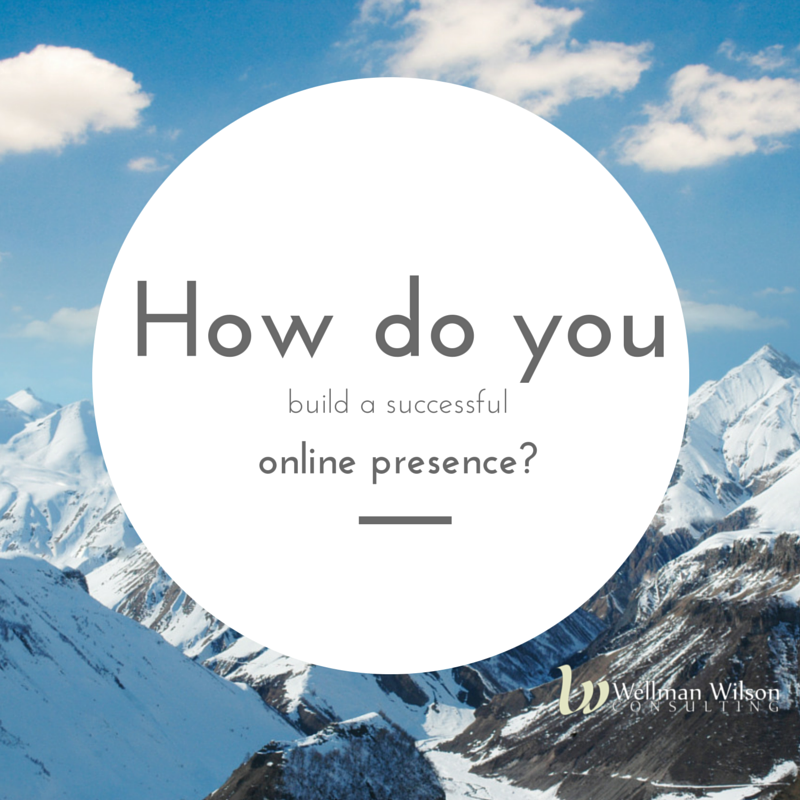Creating a successful online presence requires a lot of work and a lot of content. It can be overwhelming and figuring out if what you’re doing is actually working can be really hard.
In my experience, people's unrealistic expectations are the main cause of discouragement when it comes to their social media use. People get upset that more people aren’t opening their newsletters, that more people aren’t commenting on their Facebook updates or that more people aren’t viewing their blog posts. But here’s the thing... success doesn’t need to come in thousands of page views or dozens of comments, and it definitely isn’t instantaneous.
The slow build of consistency
Social media and online marketing rarely result in immediate sales and even more rarely does a post go viral. You need to think of social media as an opportunity to prove your expertise and your credibility, and building those things take time.
We have a really valuable client who followed our content and read our weekly newsletters for two years before signing on with us. That may not be the ideal or the norm, but it shows that consistently sharing content and providing value kept us top of mind until they were ready to work with us.
Think of the content that you're putting online as a way to build your reputation, make it easier to find you online, as well as giving your audience opportunities to work with you through clear calls to action and demonstrations of what you do and how you can help them.
Quality over quantity
I know “quality over quantity” is one of those things that you hear constantly and is everywhere nowadays, but it’s true. You can have a small email list and only a few hundred likes on Facebook, but if those people are people who really want to know what it is that you’re doing and selling, they can convert just as well as someone who has tens of thousands of disinterested people on their lists.
Did you know that the average open rate for marketing emails is only 15-25%?
Are you wondering if you’re getting a decent amount of traffic on your web site? Like this article says, the key isn’t so much what your number is, but how well you’re doing by benchmarking against yourself. Are your numbers steadily increasing? Are they decreasing? What seems to work well? Do more of that.
Have a plan
Knowing why you're doing what you're doing and how to do it well is key to success in online marketing. It's why we are always 'harping' about having a plan and why we try to offer you all kinds of ways to learn how to use the tools well to increase your opportunity for success.
Want to learn more about blogging? Join us next week on Thursday, April 2nd at 1 p.m. EST for a free webinar all about blogging. During this free webinar, we will give you valuable tips to get you started right, so that the time you spend online IS well worth it. Reserve your spot by clicking HERE.






